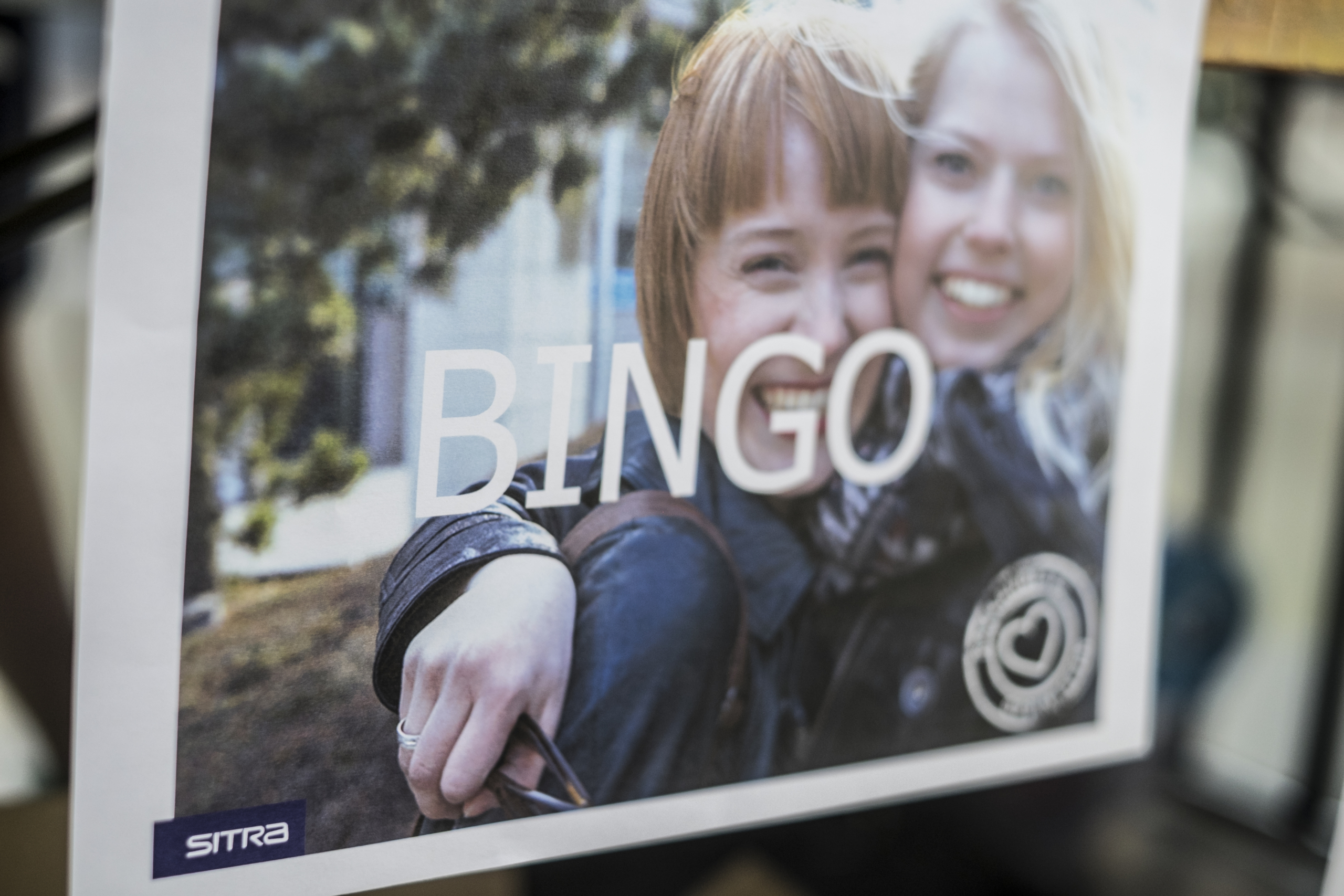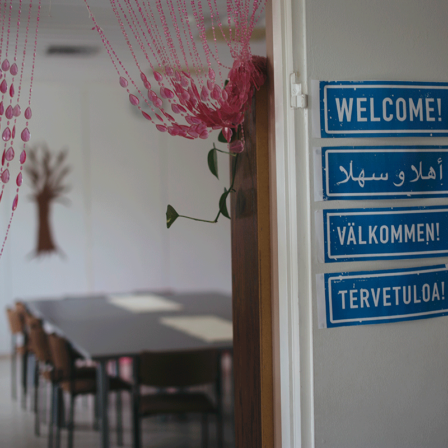Finland is entering a year of challenge prize competitions. In all these competitions, the chances of winning are without doubt higher than when playing the lottery – I can guarantee it. Actually, it isn’t at all about the chances of winning. What’s important is that the competitions are getting people not just to think about how to make the world a better place but to take action.
A couple of weeks ago at the Nordic Business Forum in Helsinki, Peter Diamandis proclaimed that the power to change society, a power that belonged to aristocrats a thousand years ago and to industrialists a hundred years ago, is now in everyone’s hands. The belief that the best solutions can be found in any one of us is also a driving force behind the challenge prize competitions.
At least that is what Diamandis believes. His foundation, X-Prize, currently offers, for example, 15 million US dollars for learning platform solutions that can be deployed globally and 20 million for anyone inventing a robot for the needs of space exploration.
There are competitors of every conceivable stripe throughout the world, and Finland is well represented. This year and next, Finland will be making several high-profile entries into the world of challenge prizes. Sitra’s Ratkaisu 100 Challenge prize offers one million euros to the best solution for a defined challenge, which will be published soon. Intended for researchers, the purpose of the Helsinki Challenge is to put UN sustainability goals into practice. The Vuosisadan Rakentajat (Builders of the Century) challenge prize is a competition organised by 40 Finnish foundations and trusts for ideas that improve young people’s well-being. The Fortum Innovation Challenge is looking for new, easily implementable solar power solutions for use in the home. Do you have an innovative research idea but lack the funding to make it a reality? In the competition being held by Kaskas Media, participants pitch their ideas on the Slush stage, with the winner taking home a 100,000 euro prize. And that list is not exhaustive.
The entire idea behind the challenge prizes is actually quite simple: to come up with a solution for an unsolved, but solvable and interesting, challenge. Offer a large enough prize (an incentive for coming up with a solution) and award it to the first person/group who develops the best solution. However, behind this rather basic idea is a wide array of approaches for creating innovations and effecting change.
These approaches to exerting influence have been studied by Anesa “Nes” Parker. Her report examined the influence of over 400 social innovation prizes. In a nutshell, the results of the report were as follows.
- Competitions can be used to find new solutions to the social problems of our time.
- Competitions can engage large groups of people to find solutions to social problems and inspire people to tackle contemporary ills.
- The competitions are an excellent tool for raising awareness of difficult and complex problems and possible solutions.
It is fantastic to see that challenge prizes serve as an outstanding tool for use by the public sector, universities and foundations. Now, it is our job to better understand this innovation tool, which is still quite new to us.
As a result, Sitra will be hosting a seminar on the influence of social innovation prizes on 7 November 2016. What can we expect from million-euro competitions? The seminar keynote speaker is the above-mentioned Anesa “Nes” Parker, from Washington.
Parker will be joined by Marco Zappalorto, an expert in challenge prizes from Nesta, and Anne Stenros, the Chief design Officer of the City of Helsinki, who will provide a perspective on the Finnish innovation field and participation.
In addition to this, more information on the challenge being defined for the Ratkaisu 100 Challenge prize will be presented at the seminar.
You can find more details on the seminar here and you can sign up for the seminar here (both links in Finnish). Everyone is welcome!


Recommended